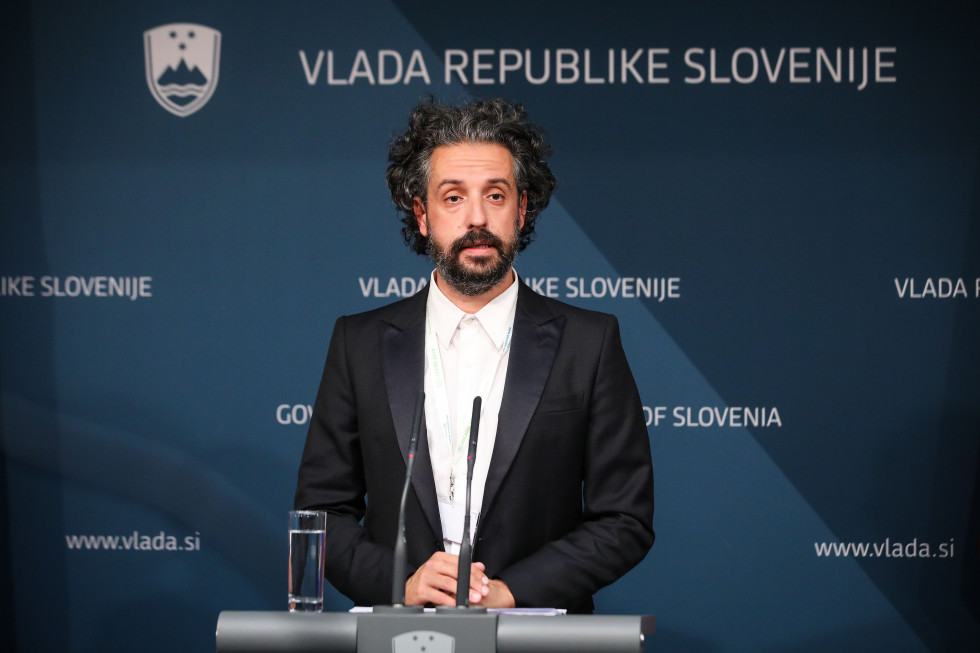COVID-19 still among us—self-protective measures remain necessary
The COVID-19 pandemic is still in full swing around the world: according to the World Health Organization, the highest number of infected people worldwide was recorded on Sunday. Both in Slovenia and its neighbouring regions, especially in the Western Balkans countries, the number of infected people is fluctuating, said the government spokesperson, Ambassador Jelko Kacin.
Yesterday, 13 new coronavirus cases were recorded in Slovenia, which, according to Kacin, are the result of the fact that fewer tests were performed over the weekend and consequently the number of infected people was higher. He expressed hope that the figure for Monday would be lower.
The head of the Communicable Disease Centre at the National Institute of Public Health Dr Mario Fafangel, who presented the epidemiological situation in the world and in Slovenia, believes that we cannot yet talk about the second wave of the epidemic, but we can talk about peaks, while the epidemic continues. Fafangel explained that out of the aforementioned 13 cases, six involved arrivals from abroad, three of them from Bosnia and Herzegovina and one each from Serbia, Kosovo and Croatia. Five infections are related to infected people arriving from abroad, one case is still being investigated and the source of one infection is unknown.
According to Fafangel, epidemiologists are not worried about these new thirteen infections; however, it is vital that anyone arriving from the countries not considered safe goes into self-quarantine. We all need to act self-protectively, because in order to control the spread of the virus the entire population needs to cooperate by minimising contact with others and taking appropriate distancing and other preventive measures when socialising. In addition, care must be taken to ensure the economic stability of those who need to be quarantined. The government spokesperson also emphasised that quarantine should not be a reason to terminate employment, adding that the Government would decide on the establishment of two quarantine facilities for infections in businesses by the end of the week.
Fafangel assesses that Slovenia is doing well compared to other EU countries. Its epidemiological situation with 14 confirmed cases this week remains good. He ensured that the number of infected arrivals to Slovenia was under control. From 15 to 21 June, 25 cases were confirmed, of which 11 were arrivals and 10 were related to these cases. Individuals who would become infected in the local environment were not detected.
He said that the situation in Croatia was comparable to Slovenia, therefore Croatia was still a safe country according to its epidemiological profile.
Based on the epidemiological recommendations of the National Institute of Public Health, the Slovenian Government introduced a stricter regime for crossing the Slovenian border last week. According to government spokesperson Kacin, the Government COVID-19 Advisory Group will meet today to discuss further measures to curb the spread of COVID-19 infections and prevent a possible new wave. Based on experts' recommendations, the latest epidemiological data and the practices of European countries, the Government will decide on possible new measures tomorrow. Kacin does not expect drastic measures to be taken, only harmonisation in terms of their proportionality and as regards possible future action.
He reminded people that there were still 16 COVID-19 testing checkpoints in Slovenia and urged people to call their personal physician in the case of a suspected infection, who would then refer them for testing by telephone. If you suspect that you are infected, do not go to the doctor, hospital or testing point in person.


